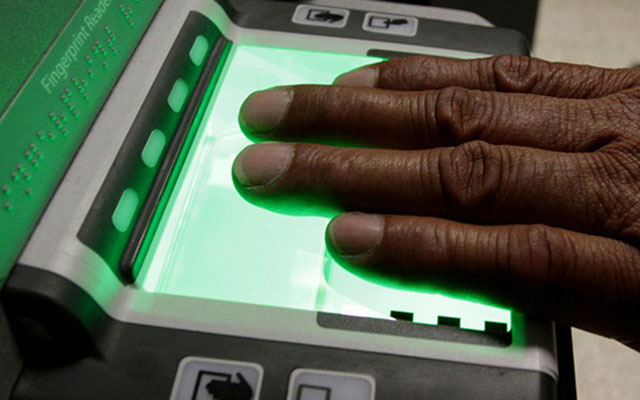Editorial Comment: BVR, a luxury we cannot afford

Developing countries like Zimbabwe have in a short space of time leapfrogged the digital divide, and found themselves also leaving their digital footprints, just like their developed counterparts.
The digital migration has become unavoidable as technology now defines who you are in cyberspace, and how you do business in almost every sphere of life.
The question though is at what cost? Are we embracing some of these technologies just for the sake of keeping up with the Joneses?
As the 2018 harmonised elections draw closer, the clarion call on the Zimbabwe Electoral Commission to produce a clean and accurate voters roll is growing louder. This is why Biometric Voter Registration (BVR), a technological system that ensures the collation of credible data has become a major talking point among politicians and some potential voters.
ZEC has found itself between a rock and hard place, because it is their responsibility to ensure a good electoral process.
Some have convinced themselves that BVR is the panacea to the challenges that accompany each electoral process, especially the perennial allegations about vote rigging through ghost voters, for example.
They ignore cases where use of the BVR technology has shown that despite its positive attributes, it can actually be a danger to democracy.
A number of countries on the continent have used BVR, but tales from their experiences cannot be used as compelling reasons on why Zimbabwe should follow suit.
France is going to the polls soon. They can afford the technology, but have chosen not to use it. Why?
Cyber-warfare has become a major challenge in this increasingly technological environment. Although Western countries have chosen to accuse Russia, reality is that anybody with the know-how can hack databases, and the weapons to do so are on the Internet.
Julian Assange’s WikiLeaks whose motto is, “We open governments”, was a wake-up call on the downside of technological advancements. And, they seem unstoppable in their quest for an open society.
While the people crying for BVR equipment are entitled to their viewpoint, we however feel that this is a misplaced priority, based on a lack of understanding of BVRs and the whole information, communication technologies landscape.
At such a time, Zimbabwe can ill afford to squander the few resources that it has in order to massage a few egos.
A free and fair election is an expensive process, because voter registration is not a means to an end.
The many variables that produce a credible election also need to be funded in a meaningful way. And, this includes voter education, the actual election and post-election processes.
The millennial generation, who might be technologically savvy, does not know and/or understand that casting their ballot is one of the pillars of any democracy.
You need money and education to convince them that their vote counts. It would therefore be an exercise in futility to end up with equipment that will be used by less than half of the potential voting population.
Get us right! Nobody denies that we need a credible voters roll, but at what cost? Is BVR the last resort to producing such a roll? And why are we in such a hurry, when the infrastructure that enables voters to get to polling stations is in such a terrible state — roads, bridges, buildings and more?
BVR is a luxury we cannot afford at the moment. Those mandated to come up with a clean voters roll can have a paradigm shift by thinking outside the box, because it is still possible to do so, at a cost that Zimbabwe can afford.
We have been using computers for a while now, and have discovered that apart from the “garbage in, garbage out” (GIGO) challenge, there are also a myriad problems.
As issues of cyber-crime and cyber-warfare continue to make headline news, you wonder why Zimbabwe would actually want this technology.
What can stop the providers/contractors from installing malware/spyware on the BVR systems, and manipulate the data at will?
And, why are opposition parties so sold to the BVR system, considering that the likely providers are also their funders? What are we not being told?











Comments